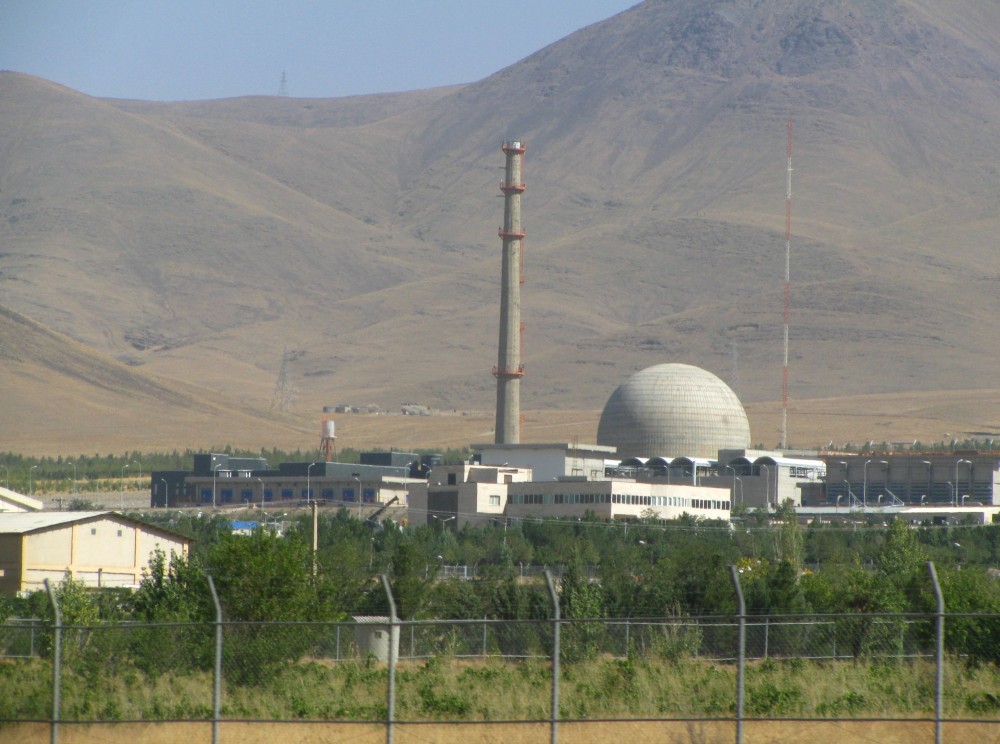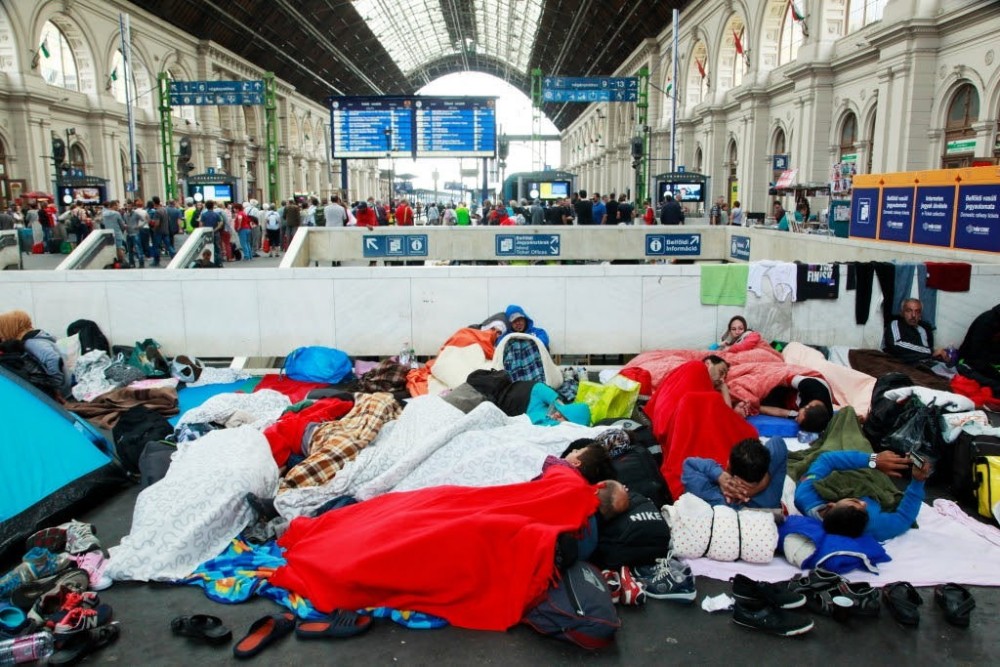Senate Democrats paved the way for the nuclear deal with Iran this Thursday.
Barack Obama will be able to strike a deal with Iran, after all. Since the United States, Russia, France, Britain, Germany and China agreed in July to lift the economic sanctions on Iran in exchange for significant limits on Iran’s nuclear program for the next 15 years (and beyond), many Democrats and Republicans alike have spoken against it. Senate Republicans needed to break a Democrat-led filibuster to try to pass a disapproval resolution, but fell short, effectively handing Obama the political victory.
Israeli Prime Minister Benjamin Netanyahu took an ultimately unsuccessful trip to the United States this March, when he urged Congress to support for a tougher deal with Iran, and concerned pro-Israel lobbyists found themselves unable to stop the Obama-led deal.
The deal needs Iran to stand by its word not to produce or research the atomic bomb, which is why many political forces spoke fiercely against it, saying the country cannot be trusted in any way. But considering the current situation in the Middle East, building trust with Iran might prove a successful strategy to avoid another bloody war and provide the country with stability.
Thirty-six years after the Islamic revolution that toppled the Shah’s nondemocratic regime, this deal marks an historic moment for Iran. In July, when the deal was first outlined, thousands of Iranians took the streets to celebrate a long-awaited opening from the West. The country welcomed a peaceful, diplomatic resolution, an event that is sadly rare in the region.

The Arak heavy water nuclear facility in Arak, Iran. (Photo courtesy of Nanking2012/Wikimedia Commons)
The United States will welcome 10,000 Syrian refugees next year.
Facing the terrible situation that forced millions of people to leave their homes in the war-torn Middle East, the White House said on Thursday that it will step up its efforts to welcome more refugees in the United States.
The number of people that the U.S. is willing to accept is incredibly small compared to the masses that are being taken in by countries like Germany, and the procedures to check the applicants’ background for terrorist activities can take up to 24 months. This is a long period for people who are waiting in refugee camps around the Middle East, where the most basic needs are often missing. Since the beginning of Syria’s civil war in 2011, the United States has taken in less than 1,500 refugees — a drop in the ocean of desperate humanity that some say the past years of foreign policy helped create.

Syrian refugees at Budapest Keleti railway station in Hungary. In recent weeks Hungry has been overwhelmed by Syrian refugees. (Photo courtesy of Entbert/Wikimedia Commons)
Israeli Prime Minister Benjamin Netanyahu flew to London on Wednesday to ask Europe for support in the fight against radical Islam.
About 300 protesters rallied on London’s Downing Street Wednesday to express their resentment towards Netanyahu and Israel’s foreign policy. A petition asking for Netanyahu to be arrested on his arrival in Britain and tried for war crimes allegedly committed during last year’s conflict in Gaza has been signed by more than 100,000 British residents. The British government said that international laws grant immunity to visiting heads of states, effectively brushing off the petition.
This has been a tough period for Netanyahu, who has been struggling to rile up Europe’s support of Israel. His critics say that his harsh tones have done nothing but create resentment towards Israel. In London, Netanyahu asked Britain to show support in the war against radical Islam, branding it as “primitive,” “savage” and medievalist.
Netanyahu made no comments regarding Israel’s ongoing military occupation in the West Bank that has been crippling the region and creating a stagnant economy. He also did not mention last year’s war in Gaza where 2,104 Palestinians, mostly civilians, lost their lives. During that conflict, 72 Israelis, most of whom were soldiers, died.

An official portrait of Israeli Prime Minister Benjamin Netanyahu. (Photo courtesy of U.S. State Dept./Wikimedia Commons)
Contact CU Independent World News Writer Giorgio Ausenda at giorgio.ausenda@colorado.edu.
